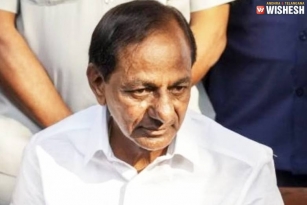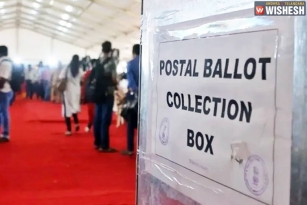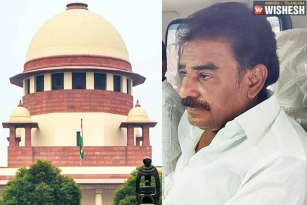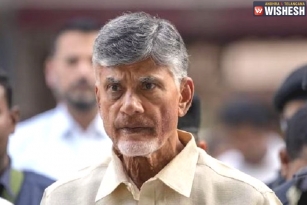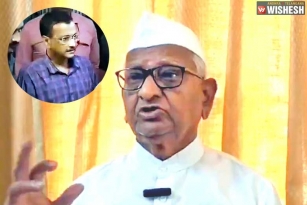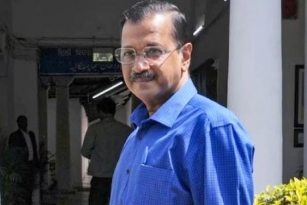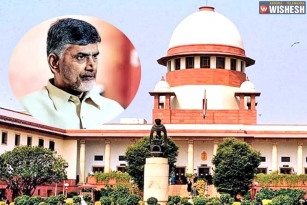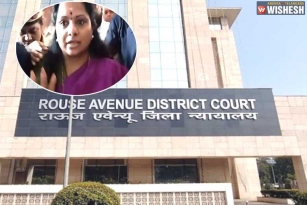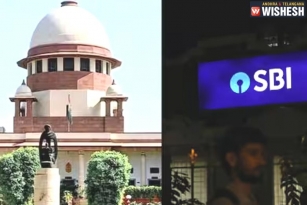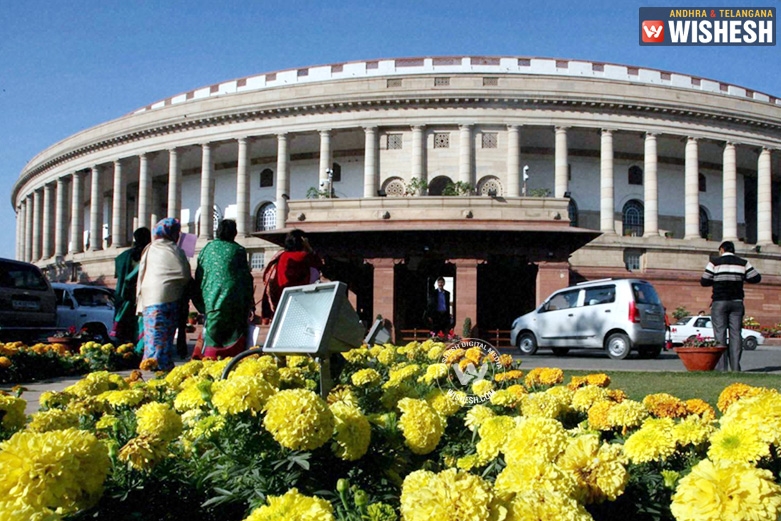
The centre on Monday told the supreme court that scrapping the Collegium system and setting up the National Judicial Appointments Commission for appointment of judges is the need of the hour that reflects the people's aspiration of bringing transparency in the judicial system, while requesting to the apex Court not to question the wisdom of the Parliament in enacting the law. The government presented before a five-judge Constitution bench of Justices J S Khehar, J Chelameswar, Madan B Lokur, Kurian Joseph and Adarsh Kumar Goel, that Parliament and not the judiciary, is best equipped to deal with the citizens' aspirations in changing times.
"The overwhelming majority with which the 99th amendment as well as the NJAC Act was passed in both Houses of Parliament and by the state legislatures makes it obvious that the will of the people points towards replacing the existing system of appointing judges with a new one. Parliament was responding to the deficiencies of the collegium system of appointment of judges," Attorney General Mukul Rohatgi said.
While objecting to the Centre's contention that collegium system allows judges to appoint judges, the Supreme Court stated categorically that it is the President who is the appointing authority and not judges. "It is a nice catchy phrase to say ‘judges appoint judges' but it is not correct. It is the President who appoints judges," the court stated.
"The appointment of judges is an executive function and the President acts on the aid and advice of the council of ministers. The President does not act as per his discretion," Rohatgi said, "it is not as if, the first citizen of the country is banned from consulting on his own, any judges. The role of the President, really speaking, is ceremonial." "A system devised to address particular concerns cannot assume permanence for all times to come. This is especially because the collegium having operated for over two decades has meant that different issues and concerns have arisen, which Parliament has now in its wisdom decided to address," he said.
"Parliament's power to amend the Constitution is plenary, subject to only one restriction, i.e. it cannot abrogate the basic structure of the Constitution, which has to be culled out from specific articles of the Constitution as originally enacted. Parliament is best equipped to assess the needs of the people and the changing times and the wisdom of Parliament is not subject to judicial review," Rohatgi said.
By Premji





